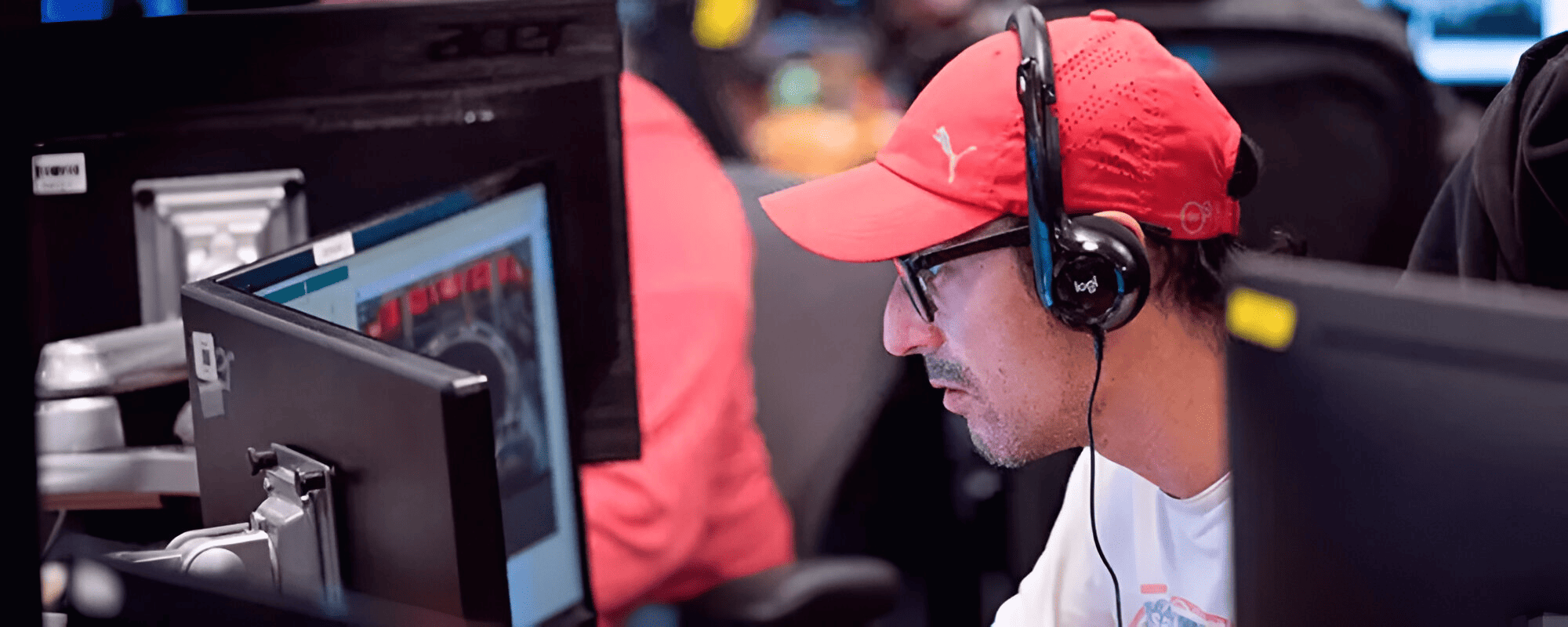
RTA in Online Poker: The Rise, the Risk, and the Reckoning
When you take a seat at an online poker table, you presume you’re playing against other people – humans, like yourself, sitting behind laptops, making decisions based on skill, instinct and, perhaps, a smidgen of luck. But in 2025, something else may be you as well: a human running Real-Time Assistance (RTA) software. And that is a completely different game.
What is RTA, and why is it such an issue? Most important: If you do, should you be? And if you should, well, should you?
Let’s break it all down.
First, What Exactly Is Real-Time Assistance in Poker?
RTA means any outside assistance you get while playing a hand that impacts your decisions. This might be a table, a calculator or even full-blown solver software. If it directs what you do at the time, it’s RTA.
And it’s almost universally banned.
Poker sites make a hard-nosed judgment: Studying before you play, or after, is O.K. But once the cards are in the air, all decisions must issue from your brain – not a book or app, certainly not from a solver whispering GTO counsel in your ear.
Here’s one way to look at it: Let’s say RTA is your virtual co-pilot flying the table. Only problem? It’s illegal. And the second you do, you are not just gaining an advantage in the game – you are gaining an advantage in the spirit of the game.
How Does RTA Actually Work?
Some RTA tools are simple. Others are shockingly advanced.
On the low end of the scale you’ve got push/fold charts or preflop hand charts. Nothing fancy – just color-coded ranges of what to do in common spots. But even those are forbidden if you look them up in the middle of play.
Things get wild at the high end.
Nowadays RTA tools can interface with your poker client, read your current hand and execute a real-time solver queries. Some use massive pre-solved databases. And others pull from a second “dream machine” PC that calculates Game Theory Optimal (GTO) solutions on the fly. The result? An almost instantaneous recommendation – what to bet, when to fold, how much to raise.
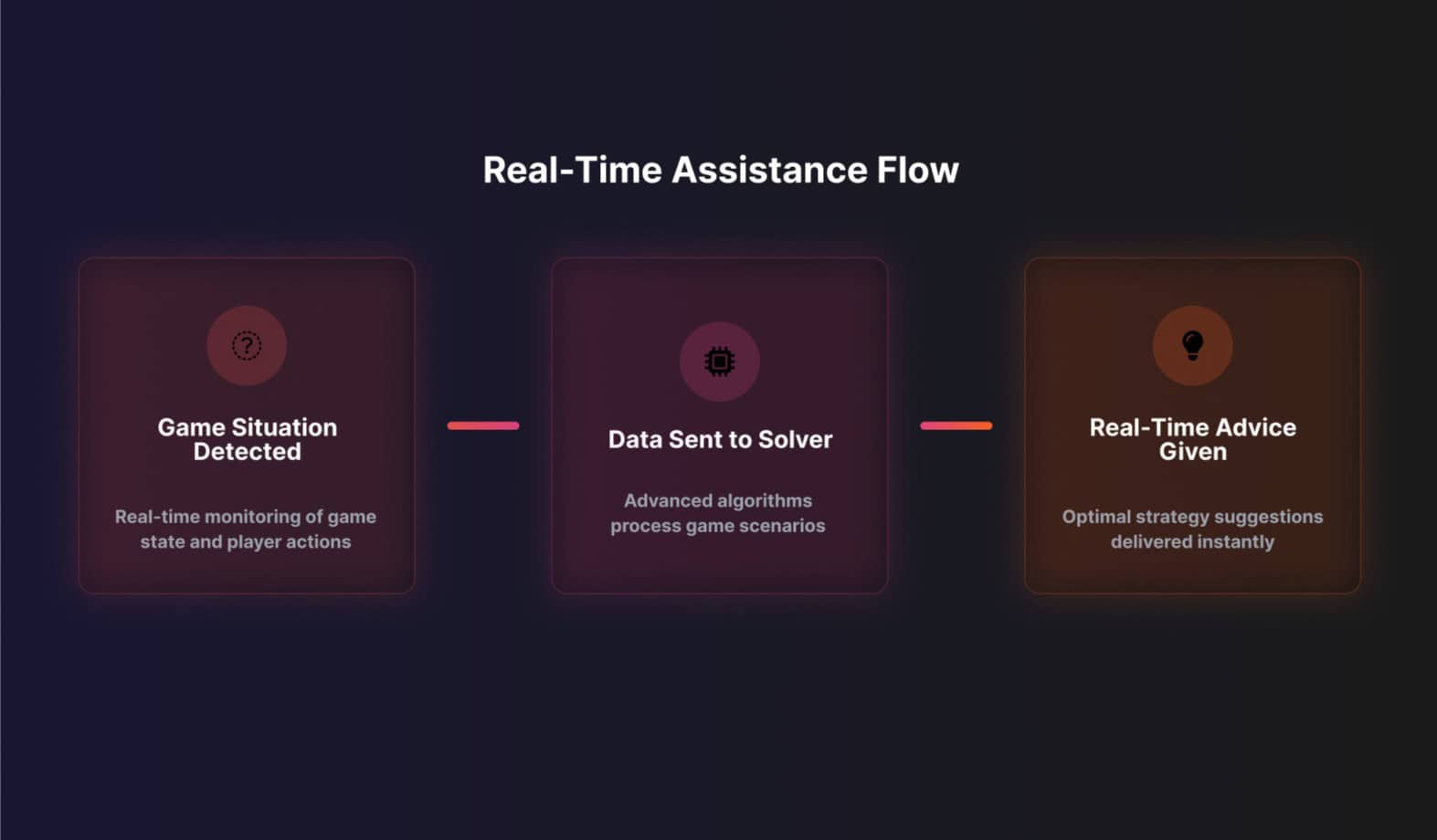
And it’s not just software. “In real time” (RTA): The view that “if you have to make a move on a board during a game consultation, it is as though it was ghosted.” – but also follows that if 1-1 play was made with outside help, it also qualifies as RTA. If someone’s in your ear during the hand, that’s cheating, too.
What Are the Most Popular RTA Tools?
A number of applications, mostly legal for training, have become notorious for RTA abuse:
- GTO Wizard: Designed for post-game review, but some players play with it open to find solver-approved lines in real time. Sites are now validated against other used ones.
- PioSOLVER: One of the first and most popular GTO solvers. Too sluggish to be used in real time by itself – but instead players save its results and apply them mid-hand.
- PokerSnowie and Supremus: GTO-based poker coaches that can mimic your thinking and guide your action. Once more – good for learning, bad for going live.
Even something as basic as an equity calculator is now RTA if it spits out your odds and you use that information to make a snap decision. Rule of thumb? If it affects your split-second decision on the fly, it’s RTA.
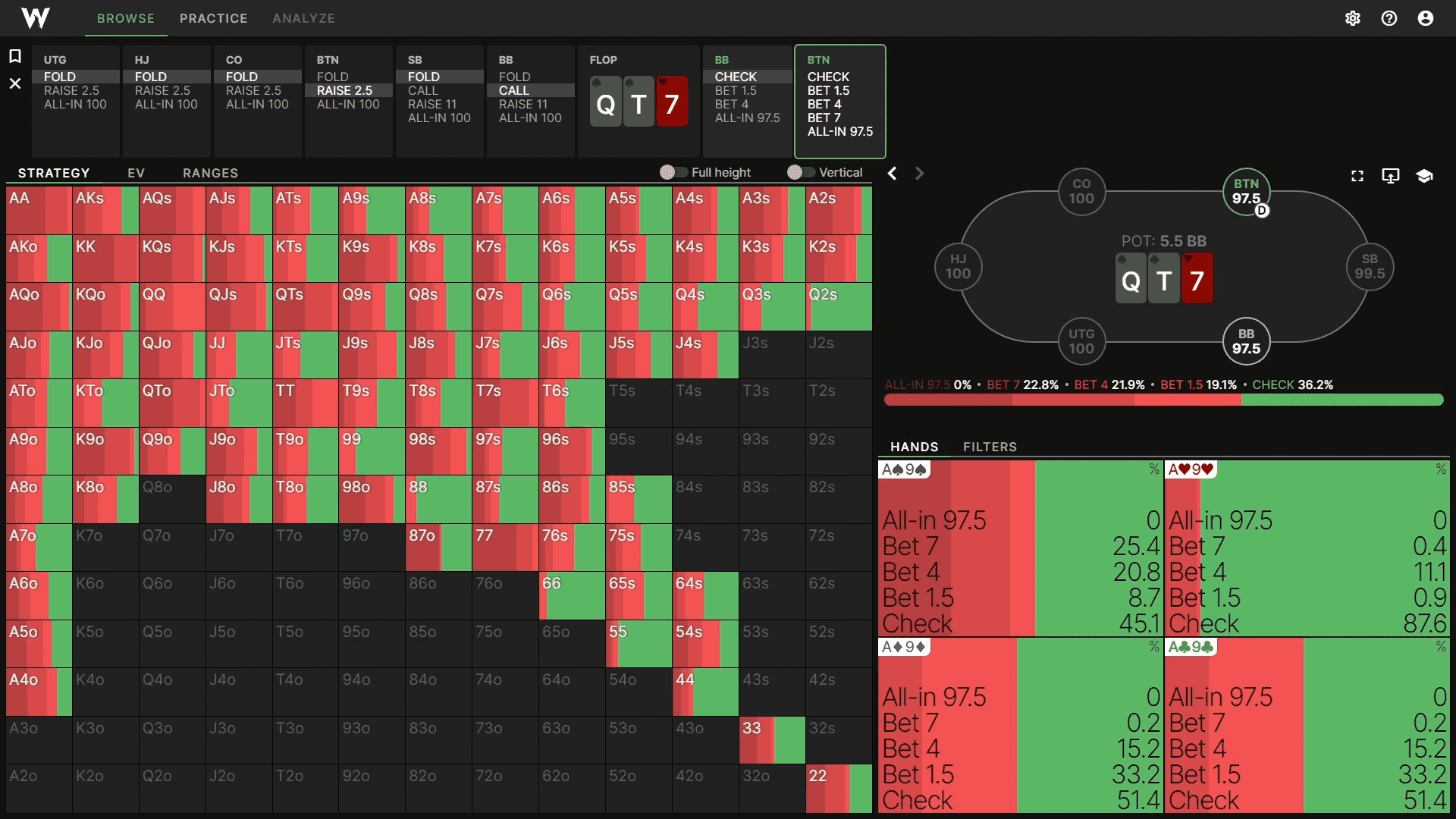
How Are Players Using RTA – and Who’s Getting Caught?
Unfortunately, shady low-stakes grinders aren’t the only ones using RTA. Among the biggest names in poker, many have been accused of — or caught using — it.
- Fedor Kruse: The ‘‘dream machine’’ scandal. Kruse also reportedly leaned on a second PC to feed him solver answers as he played. He was banned and had his funds impounded.
- Ali Imsirovic & Jake Schindler: Tournament crushers locked out of GGPoker Account-sharing allegations due to RTA use. Even PokerGO uninvited them to live events.
- Unnamed Accounts: 40 accounts were banned by GGPoker in one wave of RTA enforcement and over $1.1 million was withheld in winnings.
The bottom line: this isn’t an abstract problem. It’s real, it’s happening and players — both big and small — are paying the cost.
How Do Poker Sites Detect RTA?
It’s a cat-and-mouse game, and the mice are losing.
- Play Pattern Analysis: If you’re never outside the definition for a perfect GTO approach in Hold’em, you’re going to be flagged. Sites understand that humans stray gratuitously.
- Monitoring software: Certain software will notice other programs on your device. In this category especially would be GGPoker and partypoker.
- Solver Cross-Reference: GTO Wizard is now gathering some statistics(outputs). If you play a hand at 10:17 and that same spot was solved in Wizard at 10:17… you’re in trouble.
- Interviews & Screen Shares: In rare cases websites ask for player interviews or to watch the suspicious activity in game.
Detection rates? PokerStars claims over 95%. Dozens using Wizard in real time have been caught at GGPoker’s tables. So even if you’re slick, chances are you will get sloppy eventually.
What Happens If You’re Caught?
Simple:
- Permanent Ban from the platform
- Confiscation of your entire bankroll
- Public shitposting at forums, discord, reddit and occasionally news.
You may also be blacklisted behind-the-scenes at other sites and live events quietly. It also was the case with Imsirovic and Schindler — high-stakes players who were unceremoniously dropped by major tours.
Poker is a small world. Once you have the cheat label, good luck with getting staked, coached, invited anywhere again.
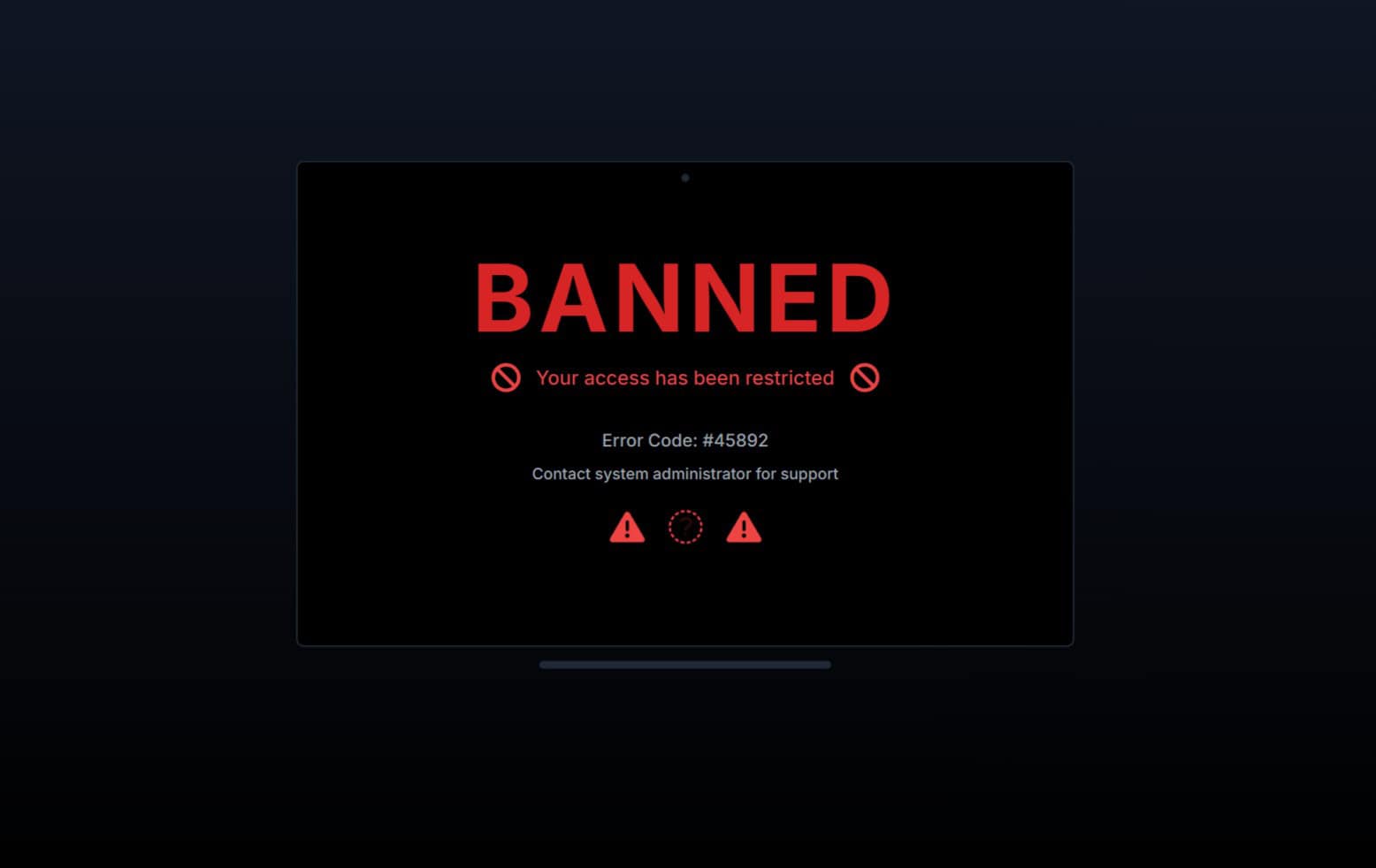
Why People Still Risk It (And Why They Shouldn’t)
Let’s be honest. The temptation is real.
A solver gives you advice. You win more. You feel invincible. What’s not to love?
But here’s the catch:
- The margin of error is a narrow one: RTA users are caught earlier and earlier.
- And the downside is forever: Reputation trashed, bankroll erased, games canceled.
- You cease to grow as a player: RTA turns you into a button-clicking marionette, not a smarter thinker.
- Hurts the game: More cheating, fewer casuals stick around. And when the amateurs leave, the games go away.
In other words, RTA doesn’t just ruin your career — it ruins the environment.
A Safer Way to Win: Use Tools for Study, Not Play
Like the edge RTA but hate accidents? Here’s how:
- Review Hands Using GTO Wizard, PioSOLVER, etc. off-the-table.
- Create your own poker cheat sheet — from your memory, not your screen.
- Drilling situations using training modes, not real hands.
- Do talk hands with friends and coaches after your session, not during.
Between prepared and dishonest. Stay on the right side.
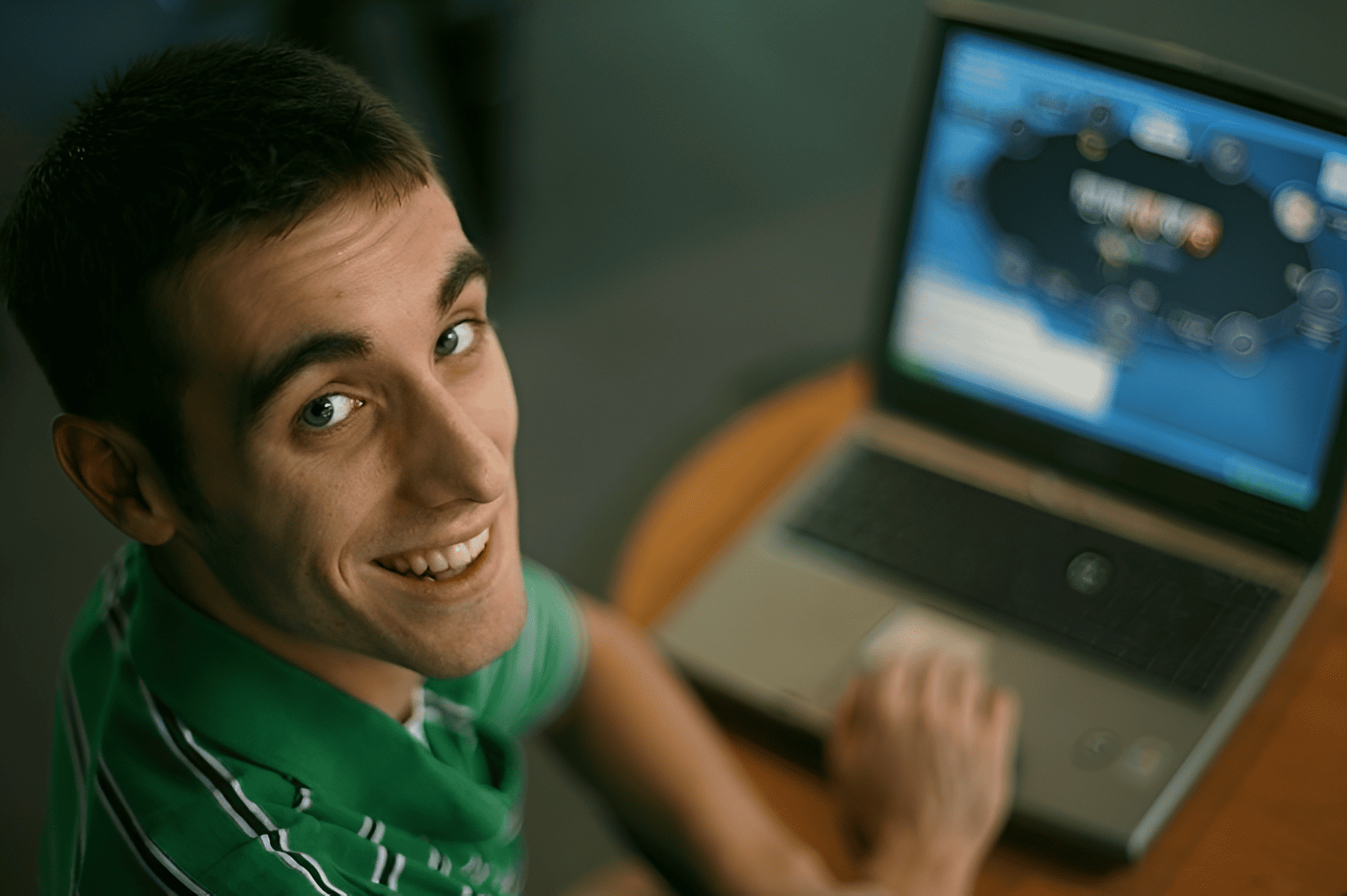
Final Word: Poker Is Still Worth Playing – But Keep It Clean
RTA is out there. It’s not going away completely. But if you’re reading this, you’re likely not wanting to break the rules you are almost certainly wanting to understand what they are.
And that’s smart.
The most helpful thing players can do? Stay sharp. Stay ethical. Work every angle you have — except during the hand.
Because when you win with integrity, it actually means something.
And in poker, that feeling is more valuable than any solver-fed EV bump could ever be.
